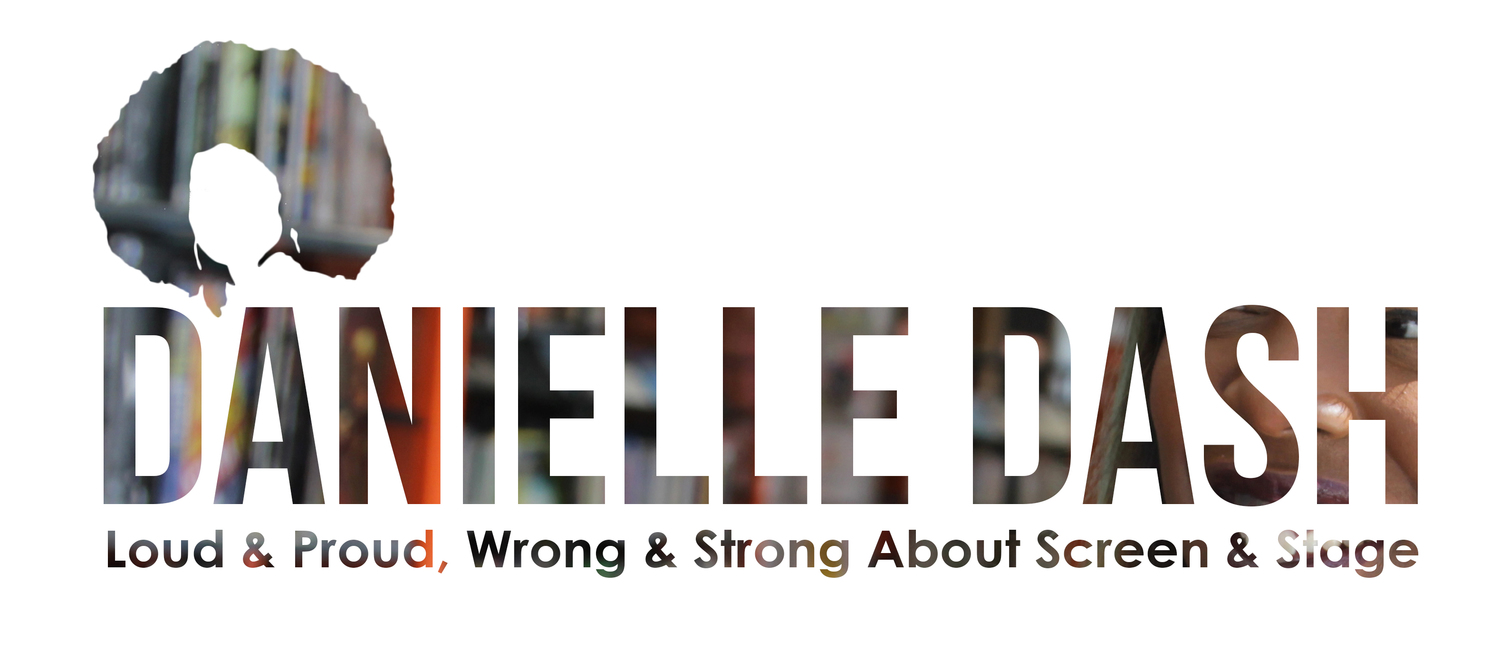Leslie Jones cried after racist trolls camped out in her mentions. The comedian was forced to leave Twitter because right wing “news” site Brietbart’s tech editor, Milo Yiannopolous led a charge against her because she dared to be a dark skinned black woman starring in summer blockbuster Ghostbusters. Yiannopolous posted a picture of Leslie Jones with caption “At least the new Ghostbusters has a hot guy in it”, after being blocked he posted another picture of Jones that read “rejected by another black guy.” In doing so, Nero as he was referred to on Twitter, unleashed an onslaught against Jones by his 300,000 followers that saw Jones called every racist epithet under the sun. After fighting off as many of the trolls as she could, she decided to leave twitter. Her admission that she cried might have irritated those who demanded that she not “stoop to their level” but I found kinship in that declaration of pain. Her power in this situation came not from fending off these keyboard thugs, but from admitting and sharing that it hurt.
“If you are silent about your pain, they will kill you and say you enjoyed it”
-Zora Neale Hurston
Out spoken black women on Twitter know first hand that when we speak on a popular issue in a way that goes against what men, both black and white, are saying in that moment we are to expect the racist, annonymous egg accounts in our mentions. My last encounter on a large scale with the racist, anti-black woman hoard was during the run up to Brexit. Imriel Morgan, co-host of British podcast Melanin Millenials, was on an ITV referendum debate where she asked Nigel Farage about his immigration policy. The next day on Twitter, Imri received an tirade of racist and misogynoir abuse after this same Breitbart posted details about the work she does and who she was. To show solidarity with a young black woman who did nothing wrong I sent this tweet and my mentions were destroyed for the rest of the day. But after years on Twitter, I’ve become apathetic and no longer engage with trolls, I block and carry on with my day. I no longer take a second to acknowledge or register that people I’ve never met wish me death and rape. I have become desensitised to what they’re saying and don’t even bother to report them anymore because Twitter never does anything anyway. I never called Twitter out to ask for their help. I exist in a state of inertia where I just accept this is what it’s like, that these people exist. If I want to be on Twitter, I just have to be a strong black woman and shake it off. I love, respect and admire Leslie Jones because she decided she wasn’t going to be a “strong black woman.” Rather than pretend that she could handle the torrent of abuse, she rejected the dangerous stereotype that black women can withstand anything you throw at us and keep going. She called out those who admonished her for exposing these keyboard racists and told them to “stop saying ignore them.” In asking Leslie Jones to “ignore” the thousands of people sending abuse to her, those people were ignoring the damage being done to her emotionally. In sharing her feelings had been hurt, Jones brought validity to the fact black women have emotions other than anger. We cry too.
These four tropes,
The Sassy Black Woman
The Hypersexualised Jezebel
The Angry Black Woman
The Strong Black Woman
as outlined by Kesiena Boom all work to deny black women the ability to be seen as multi-dimensional beings. They limit us and dictate that we must operate within strict parameters that ignore our emotions and desires while simultaneously allowing others to imagine how we would act or react in certain situations. It has long been a tool of those perpetuating misogynoir to compare black women who do not fit their standards of beauty to men. It happened with Michelle Obama , Serena Williams, many more in between and now Leslie Jones. And while it may be easy to ignore the effect these horrible claims have, it doesn’t change the fact that the constant abuse black women face online and in reality has consequences that effect black women’s mental health.
When Taylor Swift experiences backlash of any kind, she is comforted by her legions of adoring fans, when Melania Trump plagiarised Michelle Obama’s 2008 speech news organisations apologised on her behalf yet because of the stereotypes black women face we are expected to simply ignore mistreatment and accept that it’s part of the system. If we don’t speak up and let people know that this psychological warfare we experience on a daily basis is painful and has to stop, they will kill us and say we enjoyed it- they will say we never let them know that to be called a big lipped nigger bitch was upsetting and therefore what could they do? I am happy for Leslie Jones, I am happy she has returned to Twitter. The only thing more powerful than a white enemy is a white ally and Leslie’s white allies (none were her Ghostbuster's co-stars) came out in full force behind her to condemn the hate speech sent to her. Unfortunately for us regular, degular, schmegular black women who do not have friendships with powerful white people, when we are abused online our lack of visibility means there will be no hashtag for us. And yet our emotions are valid. Our feelings are valid. A good thing happened this week, Leslie Jones let the world know just because we are magic, doesn’t mean we are not real. We deserve protection too. And I hope the events of this week will herald a change for all black women who use Twitter going forward.
Click the heart so I know you care.
Follow me on Twitter @DanielleDASH
Jump in the comments below, tell me what you think.

